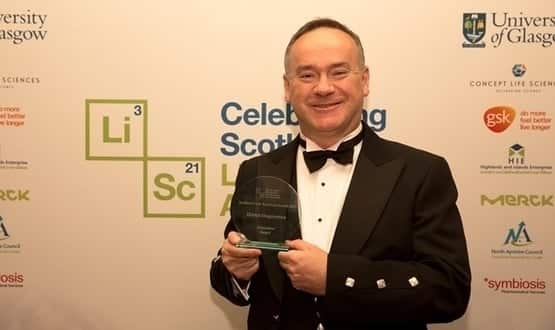Medical scientists in Scotland have been recognised for their work in antibiotic resistance.
The Orbital Diagnostics team at St Andrews won the Innovation Award at Scotland’s Life Sciences Awards for the development of a device – the Scattered Light Integrated Collector (SLIC) – which reduces the time taken to test bacteria for resistance.
Current testing frequently takes 24 hours to produce a result, although the SLIC team claims to be capable of producing a similar result in approximately 20 minutes.
This reduces risk of antibiotic resistance by helping ensure bacteria is not exposed to antibiotics unnecessarily.
As a result, the new tool should allow patients to get the right treatment, faster.
The UN has identified antibiotic resistant bacteria as a major threat to global health – with an estimated $50 trillion (£37.3tn) price tag for health care if nothing is done about it.
Team leader professor Stephen Gillespie said: “We are delighted to have won the Innovation Category at the Life Sciences awards.
“Our new technology SLIC will be an important method to help patients and to prevent the spread of antibiotic resistance.”

